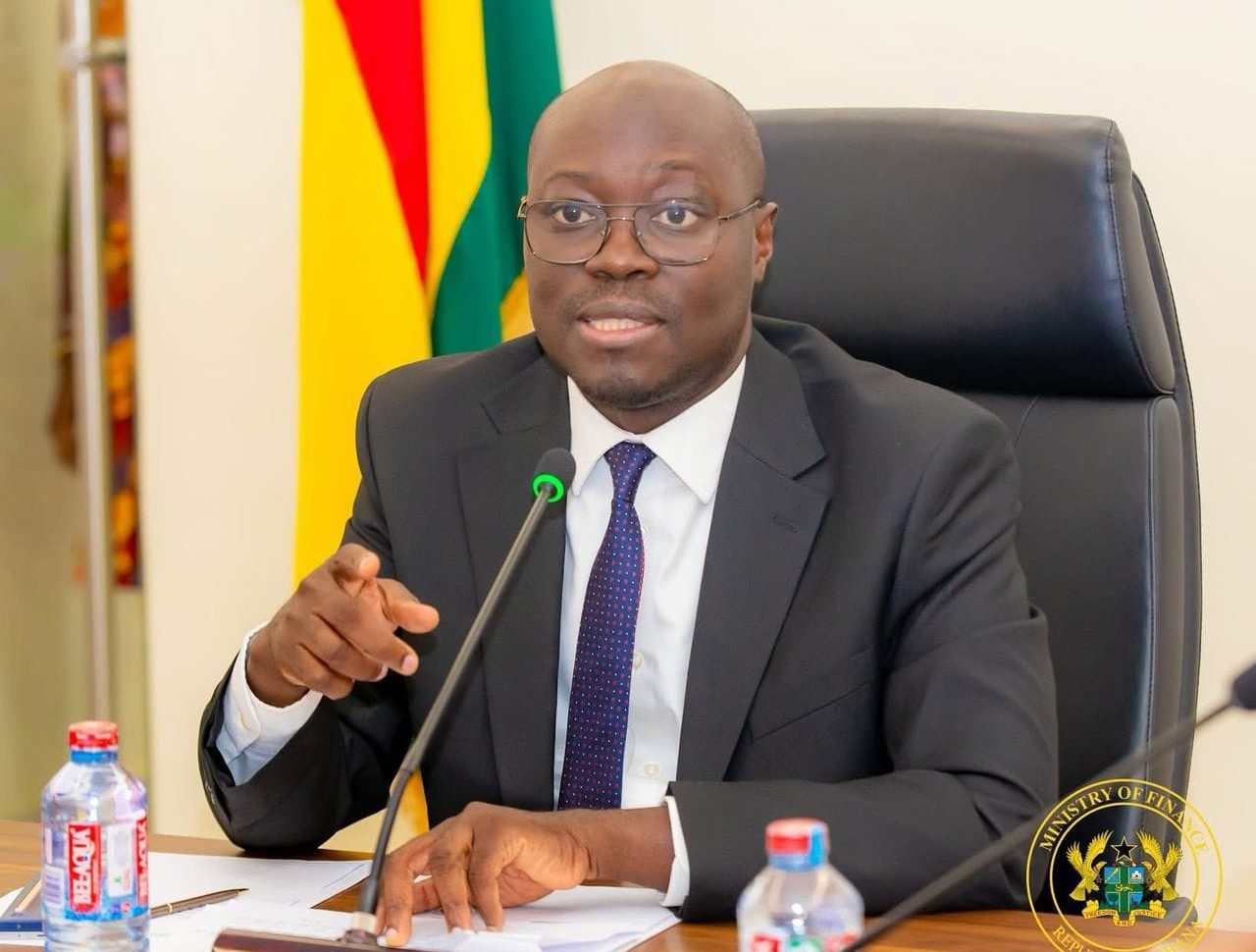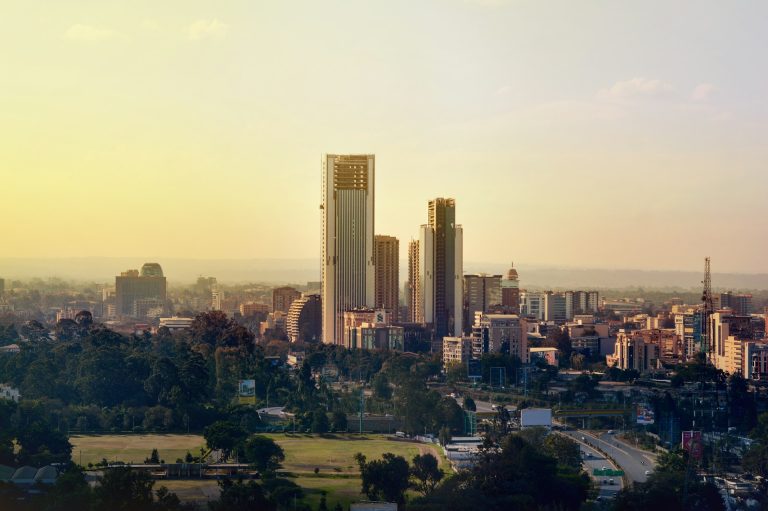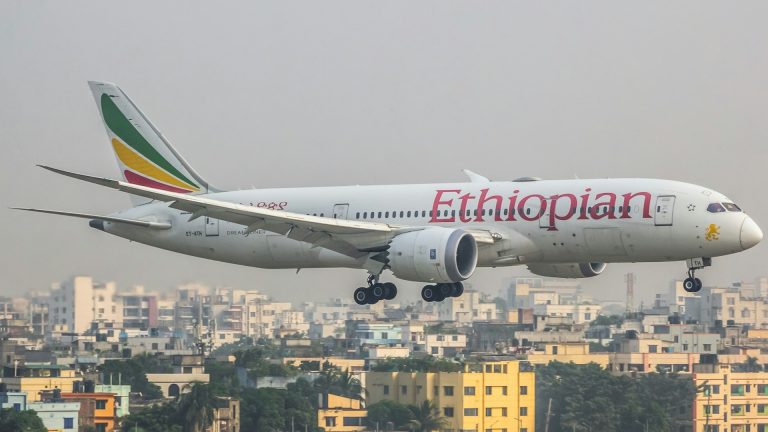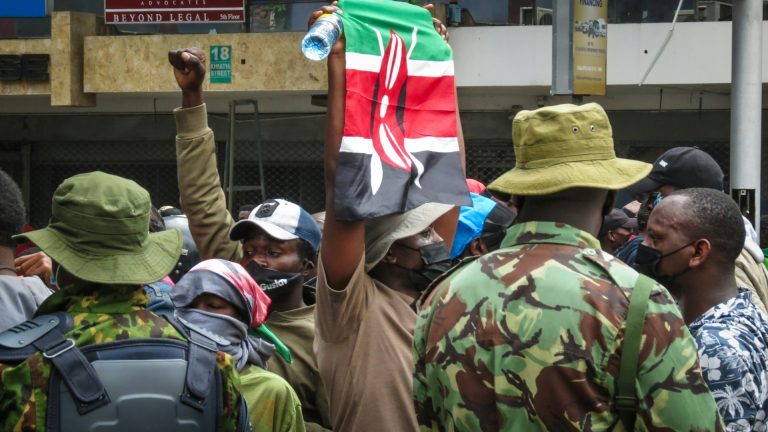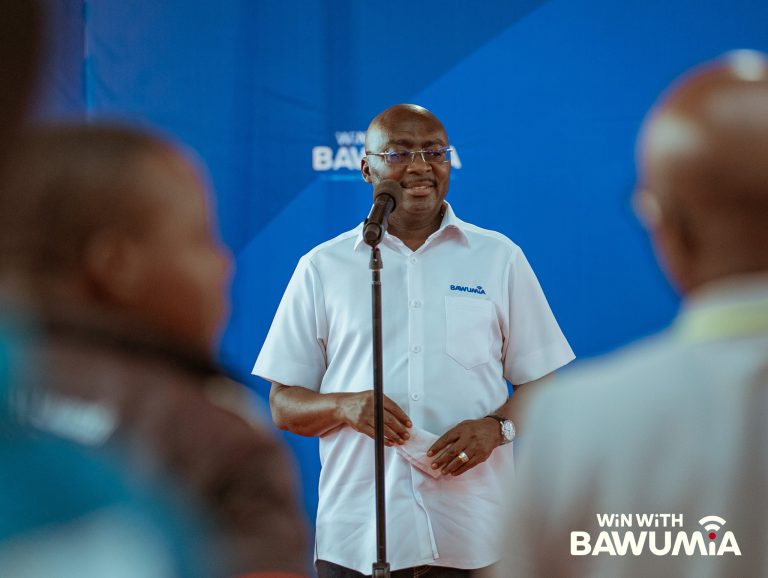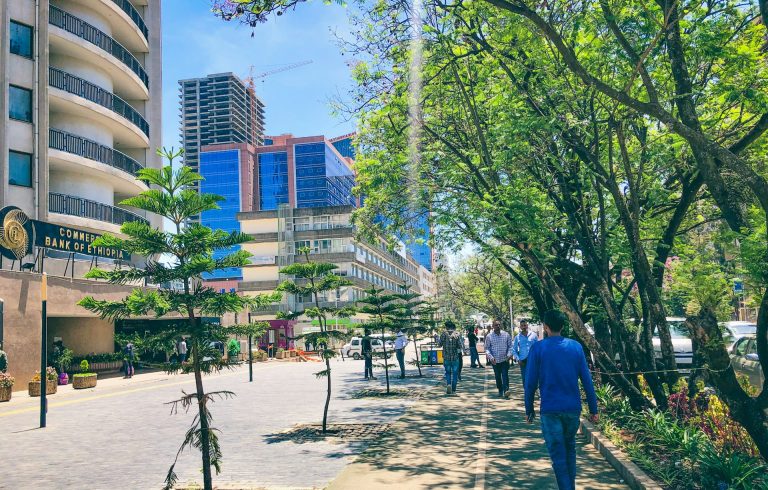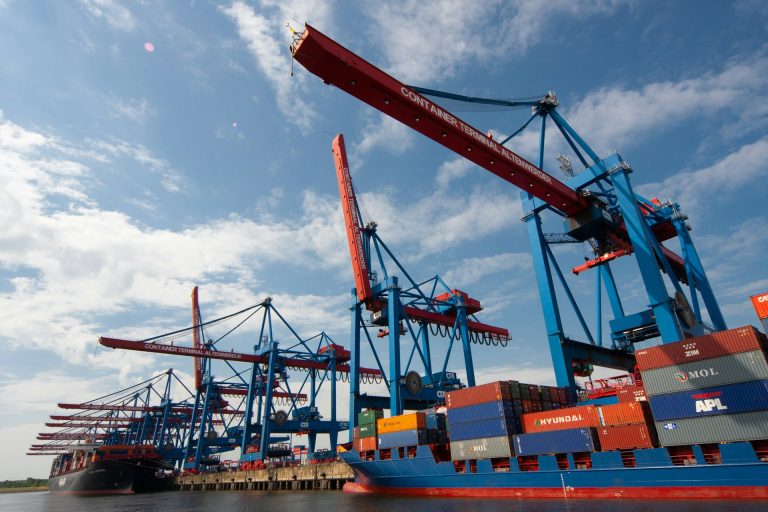- Budget to set Ghana’s economic direction under Mahama
- Businesses demand credit, stable energy, and tax relief
ACCRA, GHANA – Ghanaian businesses are looking to Finance Minister Dr Cassiel Ato Forson’s 2026 Budget, due November 13, for bold measures to ease borrowing costs and stabilise the cedi.
The statement – President John Mahama’s first full-year fiscal plan – is expected to mark a decisive shift in policy direction, outlining strategies to tackle inflation, create jobs, and rebuild investor confidence.
It will also serve as the administration’s first opportunity to present a framework distinct from the transitional 2025 budget left by the previous government.
Business, labour call for realism
Ahead of the presentation, labour groups and business associations have urged the government to focus on practical interventions that tackle rising living costs, stagnant productivity, and widening inequality.
Humphrey Ayim-Darke, president of the Association of Ghana Industries (AGI), warned that weak enforcement of local content in government procurement continues to harm domestic producers and worsen the foreign exchange crisis.
“If we want a strong cedi, we must align procurement with production,” he told Allen Dreyfus, criticising inconsistencies between policy rhetoric and spending.
He cited the Ghana Cocoa Board’s continued importation of cocoa sacks – which could be manufactured locally – as a missed opportunity to strengthen local industry. Ayim-Darke called for stricter enforcement of local preference clauses in the Public Procurement Act, arguing that public purchasing power should stimulate local production, create jobs, and reduce import dependence.
In the extractive sector, Ebenezer Amankwah-Minkah of the Centre for Economic Research and Policy Analysis (CERPA) said new institutions such as Goldbod had helped retain more value from Ghana’s natural resources but warned that smuggling and informal trade were eroding those gains.
“If the smallholder farmer or informal trader cannot access capital or formal markets, then the economy remains dualistic and fragmented,” he said.
He urged the government to promote partnerships between financial institutions and cooperatives to help small producers access finance and integrate into formal value chains.
Economist Prof Patrick Opoku Asuming noted that while short-term fiscal measures had stabilised the economy, long-term resilience required deeper reforms.
“If the fundamentals are weak, we know what happens to the exchange rate. We must therefore treat this moment of stability as an opportunity to build resilience, not to relax discipline,” he told Allen Dreyfus.
He called for fiscal prudence, stronger tax compliance, and investment in export-oriented industries.
Businesses seek credit and energy stability
The 2026 budget will be delivered against the backdrop of Ghana’s $3bn IMF bailout programme launched in 2023 to restore macroeconomic stability and restructure debt. It is expected to define the Mahama administration’s medium-term recovery agenda – combining stabilisation with industrialisation and social protection.
A joint Pre-Budget Survey by KPMG and the UN Development Programme (UNDP) revealed that while firms acknowledge macroeconomic improvements, they are demanding reforms that deliver real-sector impact – notably affordable credit, stable energy, and predictable regulation.
Businesses called for credit guarantee schemes, concessional loans, and targeted grants to ease liquidity pressures, especially for micro, small, and medium-sized enterprises (MSMEs). Respondents also urged the government to expedite the establishment of the proposed Women’s Development Bank and a Domestic Credit Rating Agency to enhance lending transparency.
Energy reliability remains a major concern. Frequent tariff hikes and power disruptions have dented competitiveness, with firms demanding a stable tariff regime and investment in renewable and off-grid energy.
They also backed the proposed Infrastructure Credit Guarantee Institution to attract private capital for roads, ports, and logistics infrastructure.
Companies are seeking relief from multiple and outdated taxes, including the COVID-19 Levy, and have called for a clearer tax calendar. They also want incentives for manufacturing, SMEs, and green industries to spur job creation.
With SMEs driving much of Ghana’s employment and innovation, businesses proposed stronger funding for technical and vocational education, apprenticeships, and “Made in Ghana” procurement to deepen local supply chains. Sustainability concerns are also rising, with firms advocating tax credits for green initiatives and circular economy programmes.
“Green incentives represent the next frontier of competitiveness and inclusive growth,” one respondent said.
